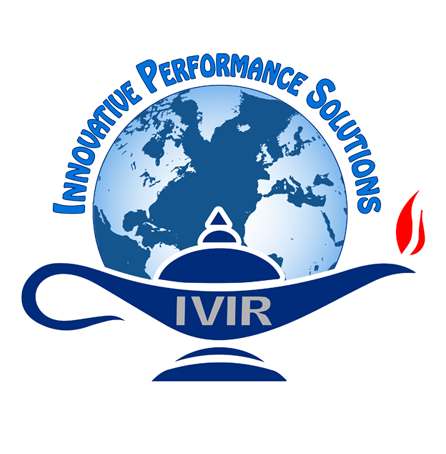
Prolonged Field Care Training System with Optimized Physiology Engine
Base: The Prolonged Care Training System with Optimized Physiology Engine (PCTS) is a virtual-reality (VR) simulation training system that can present pre-programmed signs, symptoms, and vital signs at pre-determined times using a physiology engine that has been vetted by subject matter experts. This system is intended to train prolonged field care over an expedited period of time. The PCTS is a system based on two existing systems: the Exonicus Trauma Simulator and the HumMod physiology engine. PCTS also leverages an existing standardized architecture called the Joint Emergency Trauma Simulation (JETS) System.
The Trauma Simulator system and the HumMod physiology engine were successfully integrated using the JETS architecture. For Phase I, a custom REST API bridge was provided for the Trauma Simulator system as an alternative to using a direct HLA connection to the JETS architecture. The REST API allowed the Trauma Simulator system to receive patient information from HumMod (including vitals and lab results) and to send treatment information to update the physiology.
Sponsor:
CCDC SC-STTCAward Date:
September, 2021Contract #:
W912CG-21-C-0022Status:
DeliveredIn Phase III, this limited REST API was replaced with a comprehensive GraphQL API as part of the JETS Developer Package. The Trauma Simulator system provides two operational interfaces for the user: a full VR interface, and a standard keyboard and mouse interface on a laptop. Both interfaces were tested, and both are undergoing continuous improvements based on user feedback.
A core feature of the system was to provide time scale adjustment to support running a prolonged care scenario of 96 hours within a shorter real time period. The JETS federation and the individual systems all support this feature and HumMod was able to achieve greater than 60x real time speed for the simulated patient time.
Option 3: IVIR completed the JETS Developer Package. This is a software package that can directly join a JETS federation and provides a GraphQL API for third party vendors to access the federation, without requiring direct HLA integration. Keep in mind the API does not function by itself as it requires a JETS federation on one side, and a vendor connected to the API on another side to communicate. A JETS TestTool application was also created to act as a black box to publish and subscribe to all federation data assisting with integration.





